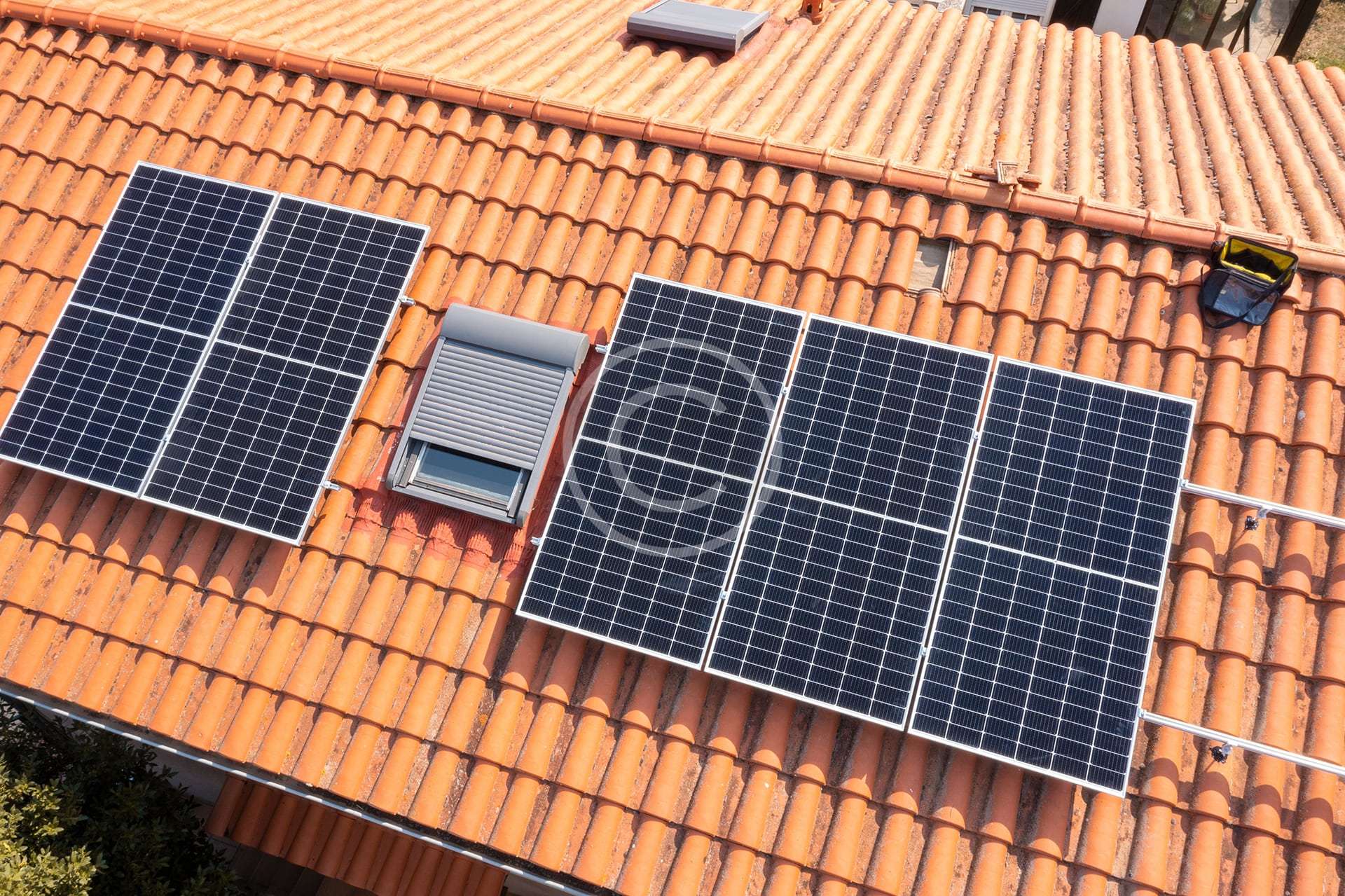An off-grid solar system is a self-sufficient energy solution that allows you to generate and store electricity independently, without relying on the traditional power grid. It is an ideal choice for remote locations, rural areas, or anyone seeking energy independence and sustainability. Here are some key aspects of off-grid solar systems:
- Solar Panels: Off-grid systems typically consist of solar panels that capture sunlight and convert it into electricity. The panels are installed on rooftops, open fields, or any suitable location to maximize exposure to sunlight.
- Battery Storage: One of the essential components of an off-grid solar system is the battery bank. Excess electricity generated during the day is stored in batteries to be used during periods of low sunlight or at night. This enables you to have a continuous and reliable power supply.
- Charge Controller: A charge controller is incorporated into the system to regulate the charging and discharging of the batteries. It ensures that the batteries are charged efficiently and protected from overcharging or deep discharging, which can reduce their lifespan.
- Inverter: Since off-grid solar systems generate direct current (DC) electricity, an inverter is required to convert it into alternating current (AC) electricity, which is suitable for powering household appliances and electronic devices.
- Backup Generator: In some cases, an off-grid solar system may include a backup generator. This is especially useful during extended periods of low sunlight or high energy demand, ensuring a reliable power supply even when solar energy is limited.
- Energy Monitoring and Management: Off-grid systems often include energy monitoring and management systems that provide real-time data on energy production, battery capacity, and energy consumption. This allows you to optimize your energy usage and make informed decisions to maximize efficiency.
Off-grid solar systems offer numerous benefits, including energy independence, reduced reliance on fossil fuels, lower electricity bills, and a smaller carbon footprint. However, designing and installing an off-grid system requires careful planning, considering factors such as energy demand, location, and storage capacity. It is advisable to consult with a professional solar installer experienced in off-grid systems to ensure an efficient and reliable solution tailored to your specific needs.


